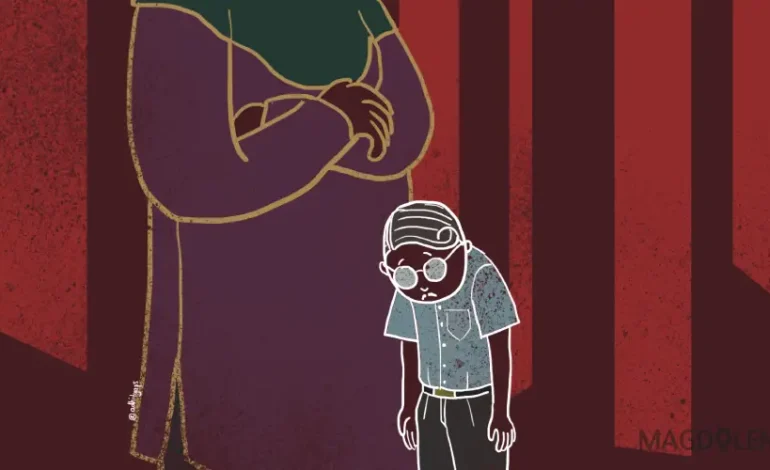Teach the Kids to Fail, And They’ll Come Out Stronger

Some time ago I read @humansofny’s caption on Instagram about someone whose mother is a perfectionist. The mother demanded everything to be perfect, so the son always tried to succeed in everything he did.
Then this line struck me, “But one thing I never learned was how to fail.”
Reflecting on that specific line, and my personal experience, it dawned on me that our society is, indeed, too focused on pressuring others to succeed, to the point that we forget to remind them how completely okay it is to fail, to not succeed in their first try, or second, or even third.
This is evident in the countless books and lessons in existence on how to succeed, how to triumph, how to fail less, in almost every aspect of our lives – when most of the time we probably experience the exact opposite more frequently. I am in no way saying that those things are bad, it’s just that we should have a more “balanced” view on other possible outcome, which is failure.
Let me elaborate. Ever since elementary school, and up until college, we are pressured to enroll in the best possible school, to ace the entrance exams while taking extra lessons, as if regular school hours are not tiring enough. When we do succeed, people shower us with congratulatory greetings, commenting how proud they are with our achievements.
On the other hand, if the opposite were to happen, if things does not unravel the way we had wanted (and hoped) them to be, we are left to fend for ourselves, to cry ourselves to sleep for not being good enough. We are left to pick up the broken pieces of our heart, to muster enough bravery and finally regain the confidence to try again.
After I failed the National Entrance Exam for State Universities (SMNPTN), I spent a considerable amount of time gathering my motivation and giving another shot. It was my first major failure, and it took a toll on me, so I turned to social media, hoping to find some inspirational quotes that could help me cope with my failure.
One example that helped me the most was a quote that sounded like this, “To fail multiple times is normal. What is great is how you manage to pick yourself up every time.” Also, “It is okay to stumble and cry, but when you are done, do not forget to stand up and move forward.”
Reading the stories of other people who share similar fate as mine also helped. Eventually, I managed to crawl up from the dark pit. It was then that I realized that I, and many other people, could be more prepared in experiencing such setbacks.
When we fail, it feels as if the world has turned its back against us, as if the universe conspires to distance us from our dreams. In addition, we have to come to term with the fact that we have disappointed many people who believed in us.

When we fail, self-introspection is a given, but dealing with how to break the news to our relatives is what makes it even more dreadful, since it feels like we need to explain why we have failed, while showing remorse at a minimum level so that other people will not feel awkward about cheering us up.
I wonder what will happen if, for instance, we prepared our children to fail, and to rise up from failure? And what if, rather than emphasizing the need to succeed right away, we let the purpose be about trying and giving their best, while at the same time telling them that failure is an option too?
We would be able to show them that what makes one successful is how they triumph over each of their failure, no matter how devastating it can be. After that, they will learn that being allowed to fail is what makes them strong.
Experiencing failure is bad enough, and we certainly do not want society’s expectation to add more to the burden.
So instead of feeling sorry and replying with “Aww…” to someone else’s failures, perhaps we can start by using encouraging words such as, “It’s okay, I know you have tried your best,” or, “You have given your all, that’s the most important thing.”
In fact, I think our CVs should include one more sub-section called “Failures” in order to show a glimpse of “despair” that one must experience in order to be where they are now. Because dealing with numerous failures and multiple rejections is a skill in and of itself that speaks so much about people’s perseverance, strength, and undying determination to realize their dreams despite all odds.
Miriam is now a fresh graduate from English Literature who is actively (and selectively) seeking a job while being fully aware of people’s high expectations of what she will become in the future.






















